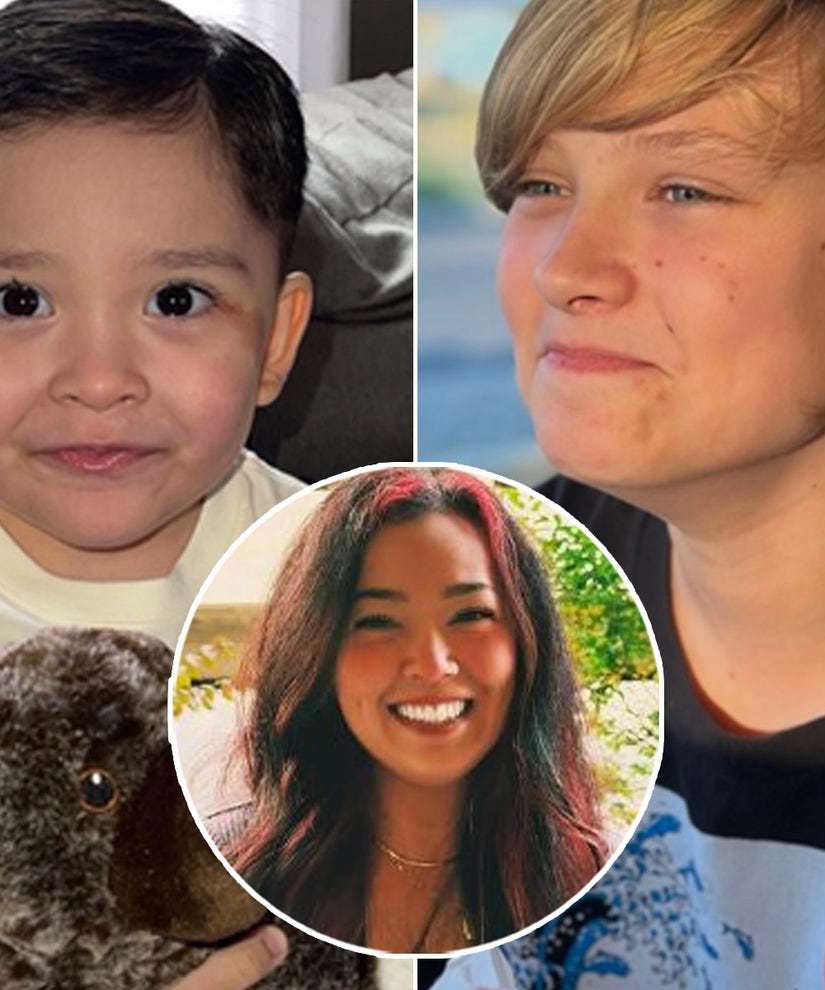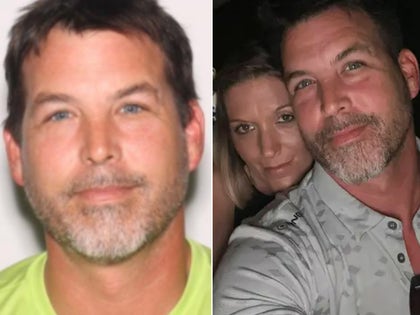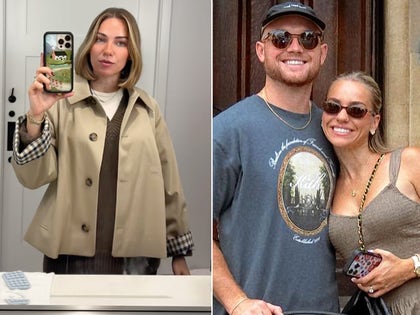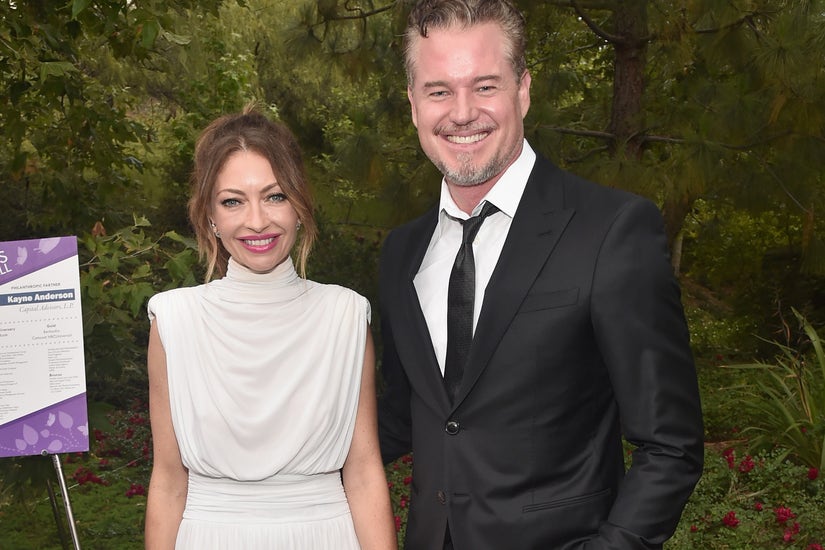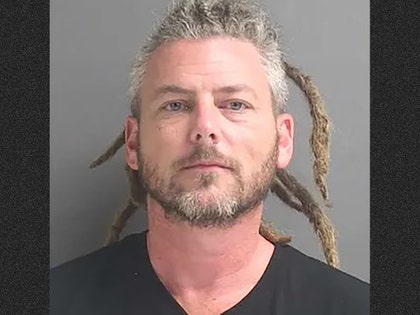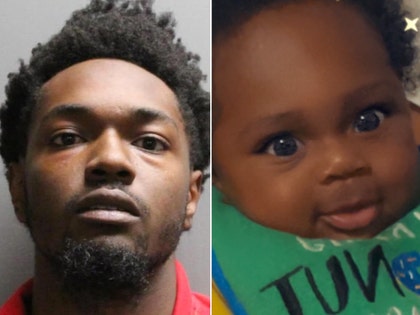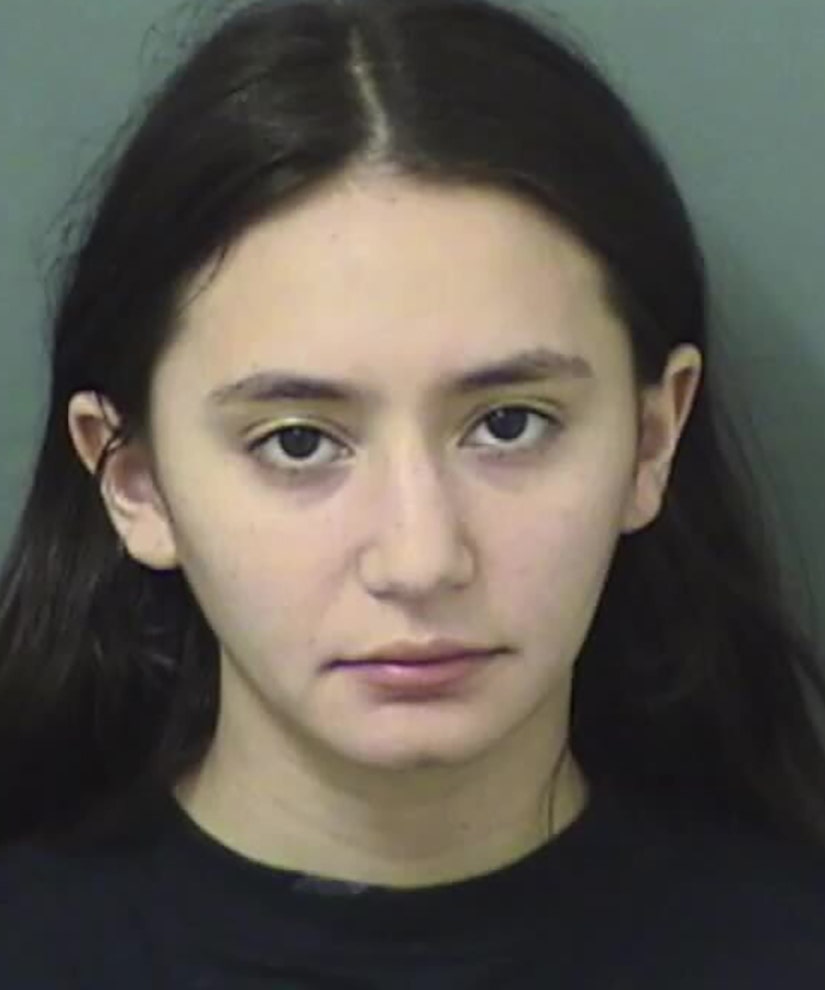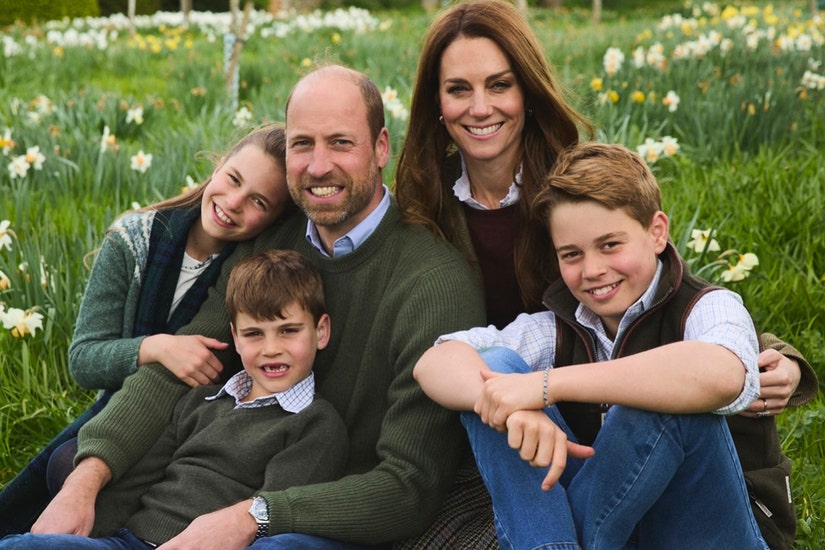Wednesday marked the first official guilty plea from any of the accused parents — and it could mean bad news for Lori Loughlin in particular.
Lori Loughlin and Felicity Huffman are only the tip of the iceberg.
A whole "new wave of indictments" related to the college admissions scam is imminent, as parents and coaches plead guilty and agree to cooperate, a former federal prosecutor has claimed.
"You can rest assured that there is going to be a new wave of indictments," Bradley Simon told AP. "They wouldn't need so many cooperators for existing cases. What seems to me is that these individuals who are cooperating are helping the government to make new cases."
 Getty
Getty
What Felicity Huffman Texted 'Desperate Housewives' Co-Star Vanessa Williams After College Admissions Scandal Arrest
View StoryAmong the people helping prosecutors is Laura Janke, the former University of Southern California assistant women's soccer coach.
She was the one who helped Lori set up fake rowing profiles for her daughters Olivia Jade and Isabella Rose as part of the so-called "side door" route into USC, officials claim.
"If I were one of those parents, I would be very nervous about (Janke)," Simon added.
On Wednesday, the first parents to officially plead guilty in the scandal did so at a Boston federal court. Real estate developer Bruce Isackson and his wife Davina were accused of paying $600,000 to get their daughters into USC and UCLA.
Some of the parents charged, like Felicity Huffman, have already signed plea deals agreeing to plead guilty; they are still awaiting court dates to enter their pleas officially.
 Getty
Getty
Lori Loughlin Believed $500k Bribe Was a School 'Donation'
View StoryOthers, like Loughlin and her fashion designer husband Mossimo Gianulli, decided to fight the charges; turning down the plea deal however saw further charges of money laundering tacked on, bringing their maximum potential prison sentences to 40 years apiece.
The couple are accused of paying $500,000 to scam mastermind Rick Singer to sneak their daughters into college; sources claim the crux of her defense will be trying to prove she didn't know she was doing anything illegal, that the money was a "donation" to the college, akin to legacy donations made legally for years by wealthy alumni.
But according to another former prosecutor Laurie Levenson, a professor at Loyola Law School, the more people who plead guilty, the harder it will be for those pleading the opposite.
"The key issue in this case is absolutely what their intent was," she said. "Did they know they were crossing a line and paying bribes? The more people who say, 'Yes, we all knew,' the better it is for the prosecution."
 Getty/NBC
Getty/NBC














